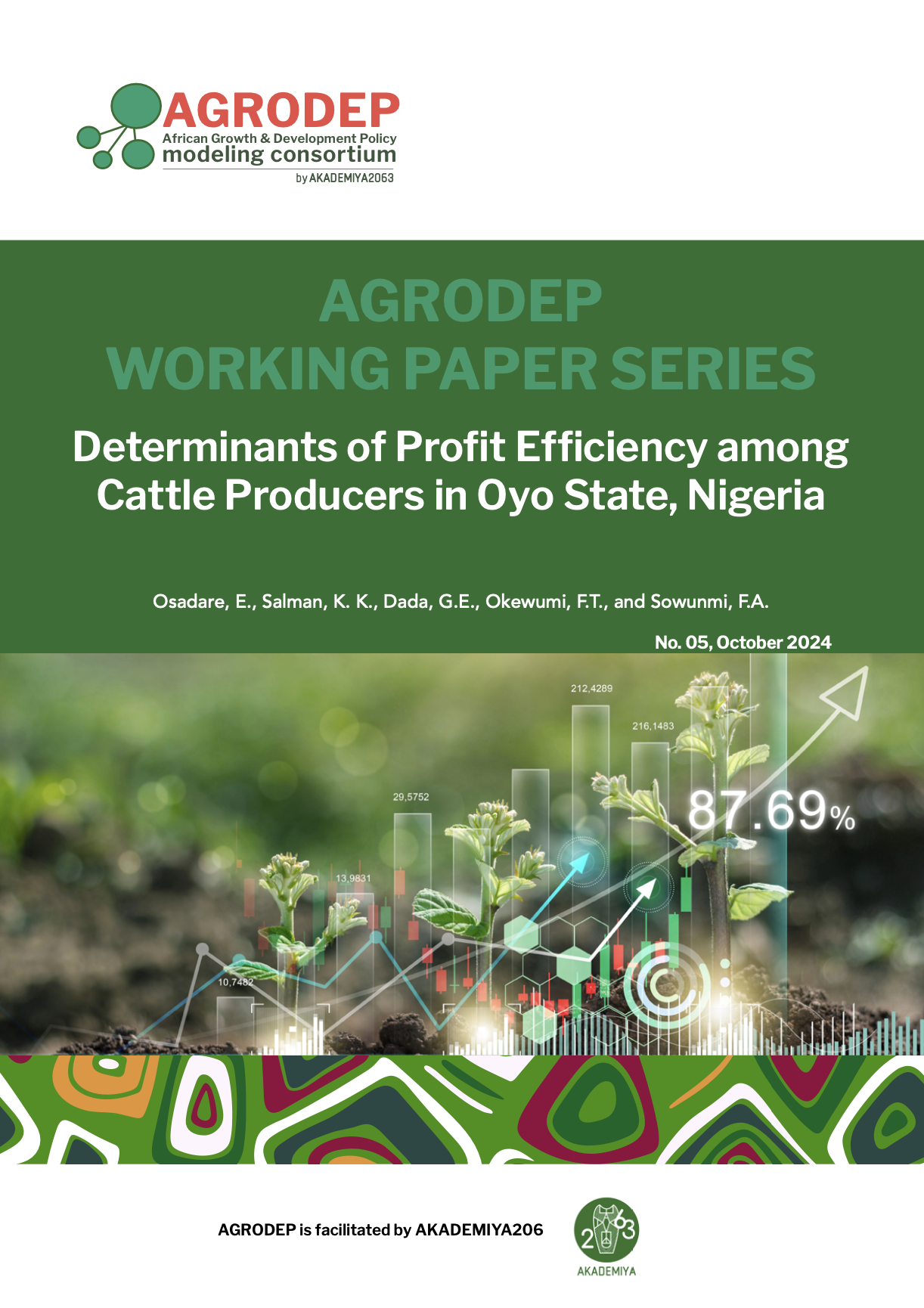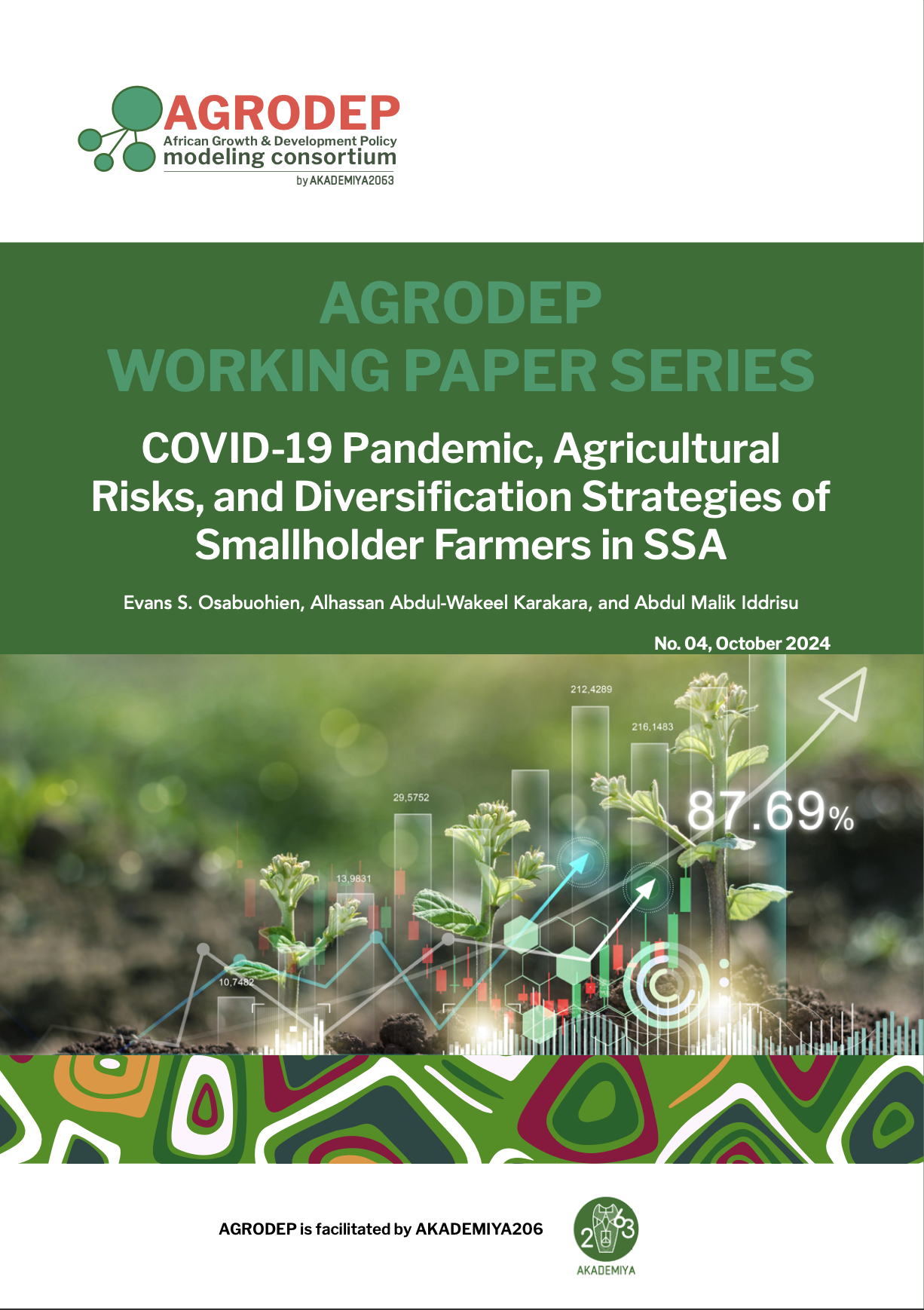Evidence on key policies for African agricultural growth
It is widely agreed that reducing poverty in Africa south of the Sahara (SSA) depends largely on stimulating growth in agriculture. To this end, heads of state in Africa rallied to form the pan-African Comprehensive African Agriculture Development Programme (CAADP) with the goal of raising investments and improving strategy implementation. However, while implementing an agricultural agenda under the CAADP framework, more and more countries have realized that increasing public investment in agriculture alone is not enough.

